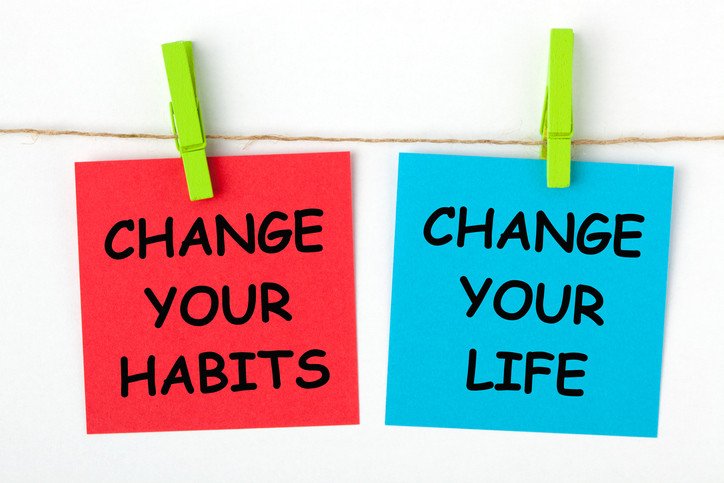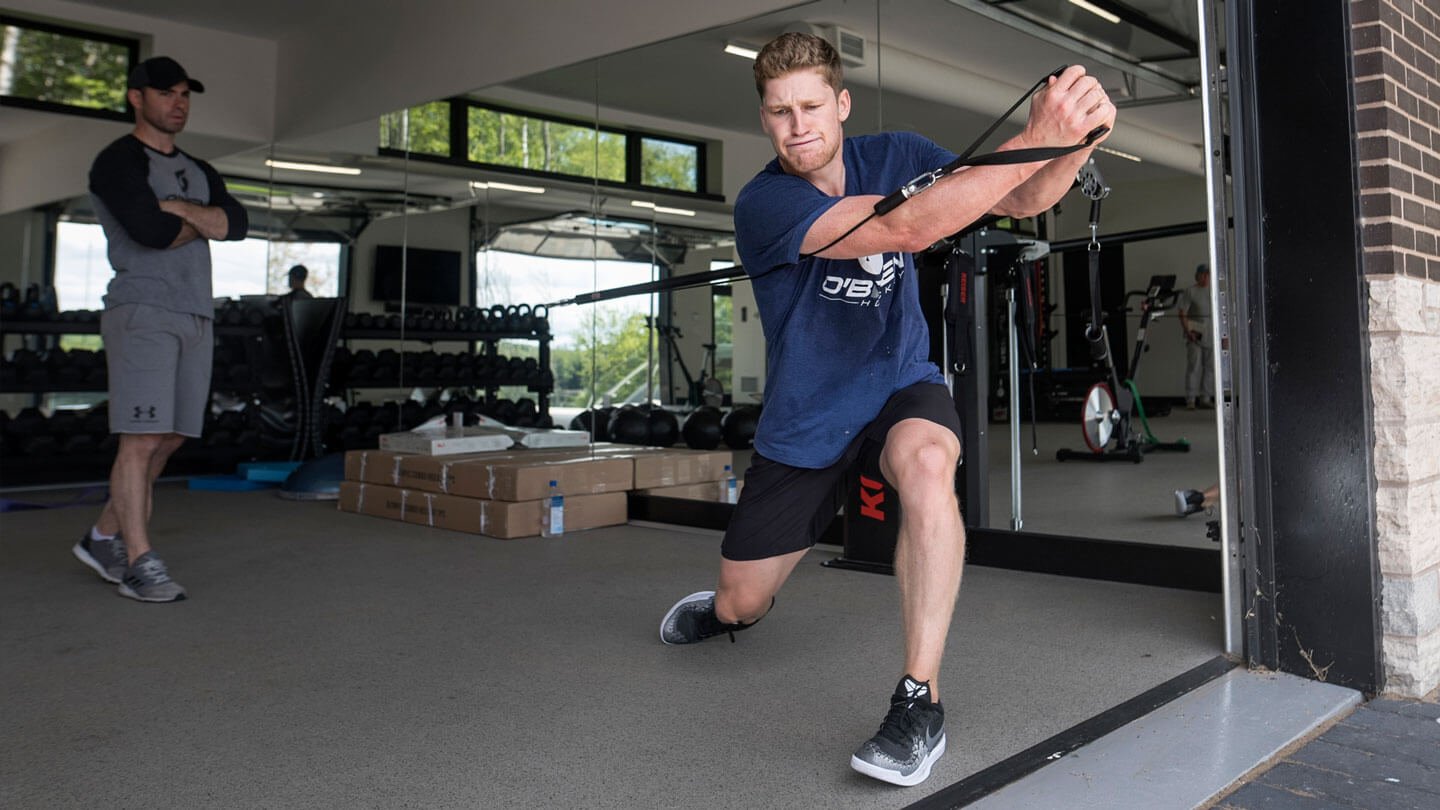"Systems of Thought" - Installment 5
Habits
“We are what we repeatedly do, excellence then, is not an act, but a habit.” -Aristotle
In the last post, I went in depth about one of the most powerful flow triggers; Visualization. I hope you integrated it into your game day routine and found the right time and space for uninterrupted focus. I discussed how visualization improves reaction time and, as a result, reduces game time anxiety. If you’ve made the choice to be disciplined with that suggestion over the last four months, then you have started to build a rock solid mental framework.
You are starting your days with a Growth Mindset, believing you have the ability learn, improve, and overcome.
You have set the proper course by having a Stretch Goal timeline and the SMART goal system for your day to day productivity.
You now understand what Flow State is, and how this is our optimal state of mind for execution of tasks and enjoyment.
You have a system in place to put yourself in this state of mind each and everyday. Lastly, you know why visualization is a powerful tool, how build the routine that works for you, and when to go through that routine.
If you’ve successfully been following these steps, you’ve turned these systems into habits. With this post, I want to explain the psychology of how habits work, how to break bad ones, and how to make new ones. The systems suggested are from the research done by Charles Duhigg (The Power of Habit) and James Clear (Atomic Habits).
Habits are important because we are only as good as the habits we practice. Having destructive habits often leads to anxiety and/or depression. Productive habits give you purpose, direction, and fulfillment and will reflect a life well-lived as something you can be proud of. Our motivation for having the discipline to have productive habits is success in goaltending. We need to start with the understanding that success is a bi-product of our daily productive habits.
Habits are compound interest of self improvement. This means that small changes build on one another to form big changes. Sometimes we don’t reap the rewards of our daily habits, but it’s important to remember that your effort is not wasted. Your effort is being stored and saved up for a breakthrough moment. Breakthrough moments are the result of many previous attempts which add up over time. Patience while waiting for this moment is key. If you’re trying your best to practice new habits, and it feels like things are not paying off, be patient, stick with it, and trust the process. Trust in the process leads to that breakthrough moment. People on the outside only see you in the spotlight when things fall into place. They don’t see all work and preparation that leads to the big moment. Have your systems in place, be patient, and trust the process. When you fall in love with the process rather than the end result, you don’t need to wait for permission to be happy. The process becomes the reward!
How are these habits formed? The brain has a survival instinct called the feedback loop. The feedback loop is try, fail, learn, try differently. This simple process is what took human beings out of the Stone Age and into modern civilization. The brain remembers the past to better predict what will happen in the future.
4 Step Process to Build a Habit:
Problem Phase
1. Cue
2. Craving
Solution Phase
3. Response
4. Reward
During the REWARD step, the brain gets a dopamine spike to encourage behavior. When a habit is new, the dopamine spike is during the reward. When habits becomes automated the dopamine spike is during the CUE.
What is rewarded is repeated.
What is punished is avoided.
Understand that dopamine = motivation.
Understand your motivation and you can change your habit.
4 Laws to Create Good Habits
Make the new behavior obvious.
Make the new preferred behavior attractive.
Make the new behavior easy to do.
Make the new behavior satisfying.
4 Laws to Break Bad Habits
Make the habit invisible.
Make the habit unattractive.
Make the habit difficult to do.
Make doing the habit unsatisfying.
Behavioral change starts with awareness. Once you are aware, you can begin to build the types of habits that will make yourself into the person you aspire to be. If you are aspiring to be a better person and goaltender, and you feel you need to make some changes; here are some suggestions.
Change your environment. New habits are easier to build in a new environment, not fighting against old cues. Start with your room. Make your room into the space you feel inspired to learn.
Join Your desired culture. We imitate the habits of these three social groups. Friends and family (peers), our tribe (the many), powerful (people above us). Join the culture with your desired behavior and shared commonalities. The human spirit is searching for praise, approval, and respect. Find your tribe.
Remember habits follow the Law of Least Effort. Sustained habit change comes from options that require the least amount of work. Reduce friction associated with good behavior and increase friction associated with bad behavior. Prime your environment to make future action easier.
Lastly, if you break a habit you value, recover quickly. Never miss twice. If you break a habit, start up again the next day. Missing once is an accident, missing twice is the start of a new habit.
Instilling quality habits in your daily routine at the rink and away is the path towards mastery. Mastery is the process of narrowing your focus to a tiny element of success, repeating it until you have internalized the skill, then using this new habit as the foundation to advance the next step in your development. Your sustained effort is the battering ram against the obstacle of struggle. Remember 1% better everyday compounds to the break through moment that creates endless opportunities.
Now that state tournaments are wrapping up, think about what habit you can help yourself make and break throughout the summer. Just like goals, write them down and work at them every day.
This month’s suggested reading: Atomic Habits - by James Clear
-JP-



